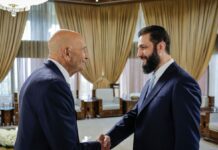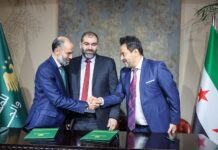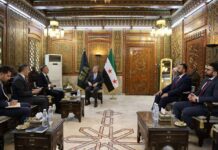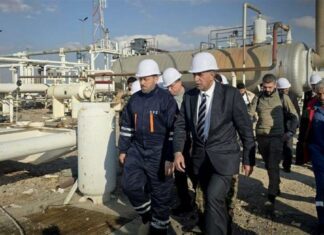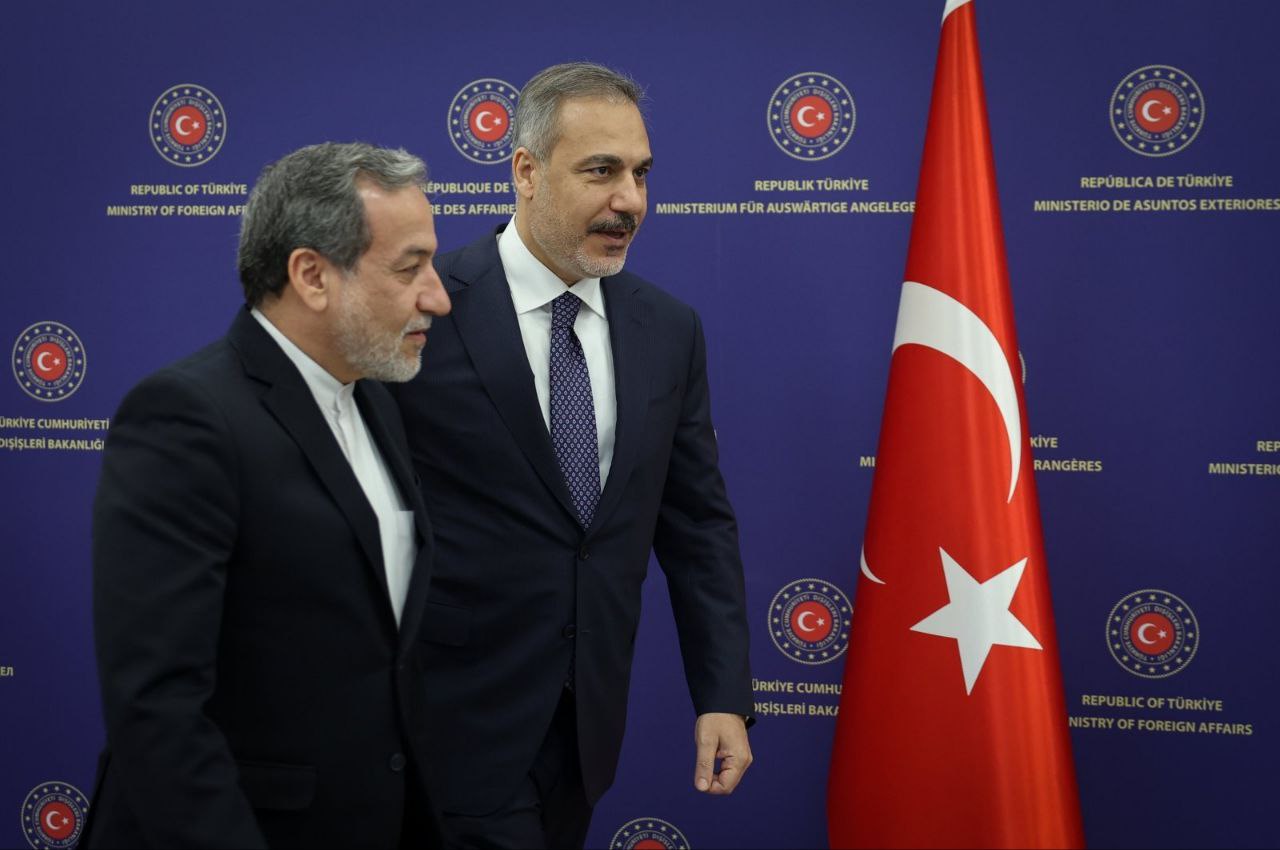
The escalating conflict in Syria has prompted a flurry of international statements, reflecting growing concern over the humanitarian crisis, regional stability, and political implications of the recent military developments.
UN Special Envoy for Syria Geir Pedersen warned on Sunday of the grave risks posed by the ongoing fighting, describing the situation as a “collective failure” to implement Security Council Resolution 2254, which calls for a political solution to the Syrian conflict.
Pedersen stressed the need for all parties to respect international law and protect civilians, emphasizing the urgent need for comprehensive peace talks. “I will continue to engage with all parties and stand ready to bring together international and Syrian stakeholders in new, comprehensive peace talks,” he said, calling for an end to the bloodshed.
US National Security Council spokesman Sean Savitt highlighted the Assad regime’s dependence on Russian and Iranian support, attributing the collapse of regime defenses in northwestern Syria to this reliance. He called for de-escalation, the protection of civilians, and the initiation of a political process in line with UN Resolution 2254.
Savitt also denied US involvement in the Syrian revolutionary’s recent offensive and reaffirmed Washington’s commitment to protecting its personnel and ensuring ISIS does not re-surge in the region.
Turkish Foreign Minister Hakan Fidan reiterated Ankara’s opposition to instability in Syria during discussions with US Secretary of State Antony Blinken. He stressed the importance of completing the political process between the Assad regime and “the opposition,” while reaffirming Turkey’s commitment to addressing terrorist threats.
Fidan emphasized Turkey’s focus on calming tensions, stating, “We support steps aimed at de-escalating in Syria.” He also criticized the role of US support for Kurdish forces in the region, warning against any development that might lead to new waves of migration.
Iranian Foreign Minister Abbas Araghchi, during a visit to Damascus, reaffirmed Tehran’s support for the Assad regime. He described the current situation as challenging but expressed confidence in the regime’s ability to overcome revolutionary forces.
Araghchi also called for regional cooperation to counter what he described as the spread of “extremist ideologies and terrorism,” highlighting Iran’s commitment to maintaining Syria’s stability and territorial integrity.
The Arab League released a statement expressing concern over the humanitarian impact of the conflict and reiterating support for Syria’s unity and sovereignty. Iraqi Prime Minister Muhammad Shia al-Sudani also engaged with Assad, pledging Baghdad’s solidarity while maintaining that Iraq’s borders are secure.
Jordan’s Foreign Minister Ayman Safadi called for a political solution to end the Syrian crisis, emphasizing the importance of regional stability. The UAE’s President, Muhammad bin Zayed, echoed this sentiment, offering support for Syria’s efforts to combat terrorism and rebuild stability.
As Syrian revolutionary forces consolidate gains in Aleppo, Idlib, and parts of Hama, the Assad regime faces mounting challenges. Reports of regime airstrikes on civilian infrastructure, including hospitals and IDP camps, have drawn widespread condemnation. Pedersen and other international voices have called for urgent action to address the worsening humanitarian crisis and ensure the protection of civilians caught in the crossfire.

